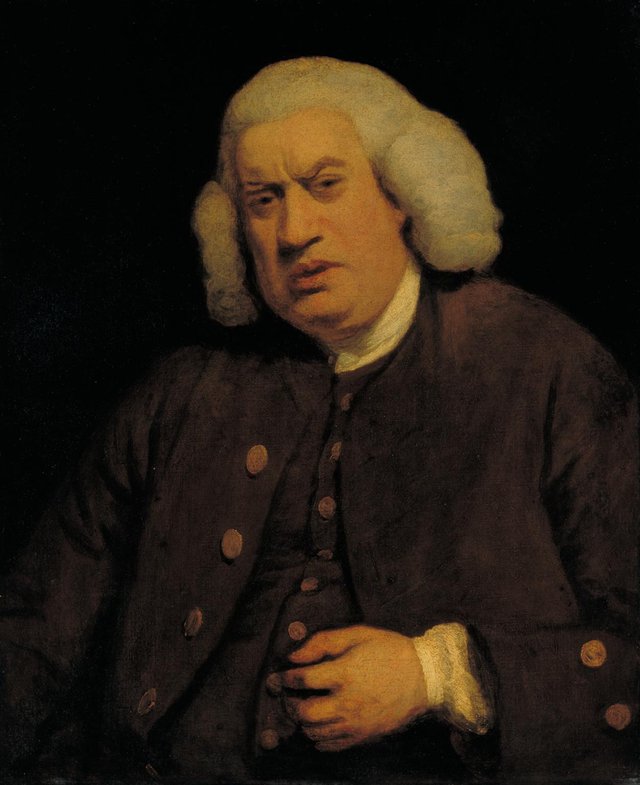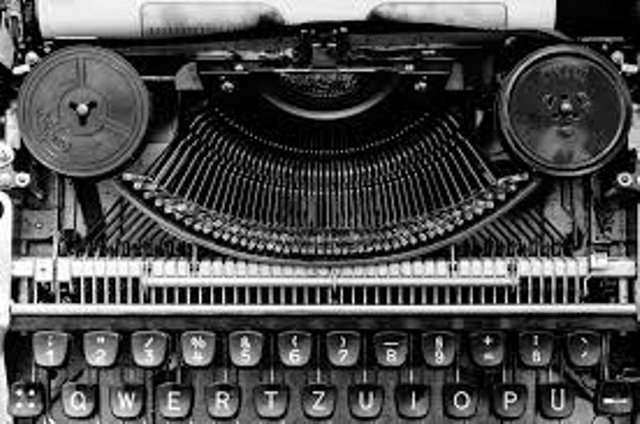How to improve crap fiction writing
It feels good to share our fiction with the world. We love it. Surely others will too. Maybe they'll award us that Nobel Prize for Literature, hurl large wads of money at us, build statues and even create national holidays in our name. Oh happy day! Alright, dear writer friend, it's time to wake up and work on improvements.

Show it
The audience is not inside your head when you're writing the story. We can't see what you see. If you write things like:
The view was spectacular
That's not going to help us. We need to know what's there and why – this gives us clues about background, mood, preferences... Describe it. But briefly, and only if it's relevant to the story. We don't enjoy reading pages of scenery. Use scenery only to move the story forward.
Boring unnecessary detail
Although it's important to include details to immerse your reader in the story, you need to go easy. If, for example, your hero is having a conversation with two other people, we don't need every microscopic detail of turning the head, breathing, blinking... As we are also human, we can fill in some of the gaps ourselves. Just give us what's important without overloading us with the obvious.
Mood
We can tell what mood your character is in by how they act or by how they see the world. If your hero's angry, rather than say – 'The hero was angry!' – show us how they behave in this mood: How do they do normal things such as eat a banana or make the bed? How do they interpret someone else's words? How does it affect their usual speech pattern? Do they speak in a quieter/louder tone, use one-word answers, go silent?
Realistic
If your character is in mortal danger (and in no position to do anything about it) they are not likely to show too much bravado. Much fiction bullshits about bravery in the face of adversity. Maybe we've all been overdoing it with the Marvel films.
An unarmed twiggish girl squares up against a muscular he-man pointing a loaded gun in her face.
Come on! If your reader raises even one of their eyebrows, you're in danger of losing them.
Cliches
Cliches are tired, overused phrases that telegraph either a writer's inexperience or laziness. We use these when we can't be bothered thinking of new ones of our own. Examples of cliches:
- He slept like a log
- And all of a sudden he turned around and said...
- The calm before the storm
- Avoid like the plague (especially cliches)
Senses
The most satisfying fiction helps the reader understand what's happening by engaging as many of the senses as possible. These add extra layers to your story. We want to know about sights, sounds, smells, tastes, textures, anxieties and other bodily (or outer-bodily) sensations. We want to feel your story. Again, don't overdo it. We don't need these in every sentence :D
Dialogue and subtext
People often don't say what they mean. Think of the last time you spoke with someone you fancied like crazy. Did you blurt out your feelings and tell them what you wanted to do naked? Probably not (unless you're @underGRound ;)).

We do a dance with words. In real life we use words to help us achieve our goals. We use them to gain proximity, to share information, to manipulate, to discover/hide the truth/lies... and so should your characters.
It's the subtext (or what the characters are saying inside their own heads) that really matters – the subtext reveals their true intentions. Hide subtext in their words and actions, leaving crumbs for the reader to notice.
He: I fancy you
She: I fancy you too
Narrator: So, dear reader, they got it on.
THE END
Where's the fun in that? Okay, maybe that describes almost every porn scene in existence – right @spiritualmax ;) – but we need more for a satisfying story. It's better to put these two besotted creatures in the same space and torture them with self-conscious fears of rejection and obstacles to their budding attraction.
He: Are you ok? trying to hold eye contact
subtext: I fancy you
She: blushing Yeah. Why? looks away
subtext: OMG he cares! What can I say to stop myself looking like a total tit? OMG maybe he doesn't care; maybe he's just asking to be polite. He's always polite to ugly people. He was staring at me because I'm a beast. Shit! Be cool. Actually, who the hell does he think he is anyway?
He: Are you sure you're ok?
subtext: oh no, she looks irritated or repulsed. I must smell. Damn this new deodorant!
Narrator: So, dear reader, they each became their own obstacles to getting it on.
And so on...
Too many adverbs (-ly)
These are okay in moderation. But, did your hero run quickly or cry heartily or touch tenderly? Is he doing something really awesome? If so, it's time to choose some better verbs. Open a thesaurus and look at the massive selection. Your hero can sprint, sob and caress (and do anything else you want). Choosing the perfect verb will give your writing a more dynamic edge.
Proofread and Edit
This is important if you want to show your talent in its best possible light. If your writing is littered with spelling and grammar mistakes you will quickly lose your audience's respect. During the writing process, especially if you're in the flow, you may not notice (for example) where you've used the wrong word for there, they're or their.
The proofread is where you slow down and zoom in. Take each sentence in turn. Read it out loud. This is a great way to spot any clumsy sentences or words that just don't feel right. Can you use fewer words to get your point across? Are you overusing a word? Is your punctuation correct?
Alone time
Leave it alone for at least a week. Don't read it, not even if you're tempted. If you want to add something, open another document and write in that. You can blend it in later. Just don't put your eyes on the story.
After the week, take a look with fresh eyes. See? All those mistakes and clumsy sentences just jump out at you. You'll notice where you've overused a word or where characters are all speaking with the same voice (probably yours). You'll feel so relieved knowing you didn't share your previous, inferior version. So, you will tinker and twiddle with the text – adding and deleting. Changing things, reordering paragraphs. You'll be happy. It feels perfect. Be careful though – it's probably still not ready for your public.
Repeat
Leave it alone again. Repeat this process to ensure the final draft of your story is the most polished it can be. You'll know it's ready when your need to tinker is at a minimum.
There's more, but that'll do for now. Keep writing :)
Have you got any good tips to share on how to improve your fiction writing?
Please share them in the comments below.



Great tips! I especially have the appreciation for being as concise as possible. It gets on my nerves when I've read a wordy sentence and realize it could have been cut down to five words.
In some cases you need the length for a particular feel but sometimes it feels like the lengthening is done for no reason. (Not saying your post, BTW)
Anyway, always bring gum or deodorant before rescuing someone you have a fancy for. Lesson learned.
Thanks Eon.
Yes, cull the extra words :D I'm so guilty of overwording things.
hahah gum/deodorant... can't go wrong (much)
thanks for the tips
cheers
Anj x
These are great tips especially the point of setting moods and imagery because your audience is not in your head.
I used to do lot of those freewrites before and it's hard to complete a story or scene without missing a lot of key elements.
Thanks Mav. I agree, it's hard to keep all these things going at the same time. Hence, good editing is key :D
cheers
Anj x
You pin pointed the mistakes and goodness that most writers don't even think caring of. As a writer myself, I always look around asking why others' writings get much better recognition than mine so this article is really helpful in that sector. Thanks for taking your time and sharing the good tips :) Keep up the good work.
Thanks Aryanareede.
I love hearing about other writers' tips too. Have you got any good ones to share|?
Cheers
Anj
I always care for one advice, which is, “Don’t try to be Shakespeare which you are not. Use simple yet elegant words, people don’t want to get tired of searching in the dictionary for every single word.” :) this is kinda honest
that's brilliant advice. The point of writing is to communicate. If the reader has to leave to search the dictionary, you'll lose them.
thanks Aryana :D
cheers
Anj x
This one I'm having a hard time being more adjective-y. Lol ^^ I'm not that descriptive at times. ^^
Great tips!
Thanks anj!
Thanks Dawn. I hope it helps :D
xx